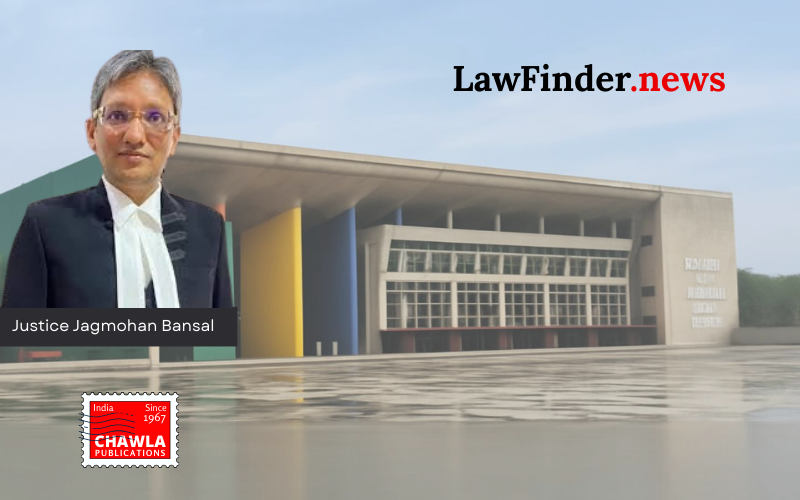Stepmother not included in the definition of "Parents" - Court cannot add or subtract words in the Rules - Recommendation made to Chief Secretary to consider inclusion of stepmother in deserving cases.
News Report:
The Punjab and Haryana High Court, Gurmit Kaur's petition for family pension was denied on the basis that the current Punjab Civil Service Rules do not recognize stepmothers within the definition of "parents" eligible for family pension benefits. The judgment, delivered by Justice Jagmohan Bansal, underscored the limitations of the existing legal framework while urging the Chief Secretary to reconsider the inclusion of stepmothers in deserving cases.
Gurmit Kaur, the petitioner, sought to overturn an order dated September 5, 2011, which denied her family pension following the death of her stepson, a deceased government employee. Kaur argued that she had raised him and his siblings after the death of his biological mother, asserting there was no explicit exclusion of stepmothers in the family pension scheme under Rule 6.17(3) of the Punjab Civil Service Rules (Volume II).
The court acknowledged that while the rule includes "parents" as part of the family eligible for pension, it does not explicitly include stepmothers. Justice Bansal highlighted that the term "parents" typically refers to biological parents unless stated otherwise, and emphasized that the court cannot modify the language of the rules to include stepmothers where they are not explicitly mentioned.
The judgment referenced previous cases, including Rajeshwari Devi v. Union of India, where family pension was extended to stepmothers under different circumstances, but determined that these precedents did not apply under the current Punjab rules. The court noted that the rule's language was clear and did not permit interpretation beyond its literal meaning.
Despite the denial of Gurmit Kaur's petition, the court recognized the potential unfairness of excluding stepmothers who have played a significant parental role. Justice Bansal recommended that the Chief Secretary of Punjab review the policy to potentially include stepmothers in the family pension scheme, highlighting the importance of fairness and justice in such cases.
The judgment calls for a reevaluation of the rule, suggesting that a broader definition of family could better serve the interests of individuals like Kaur who have provided parental care and support despite not being biological parents.
The case underscores ongoing debates about the inclusivity and fairness of pension policies, particularly in recognizing non-biological parental figures. As the court disposes of the petition, the recommendation to review the policy could pave the way for more equitable treatment of family members in similar situations.
The decision not only impacts Gurmit Kaur but could also influence future amendments to the Punjab Civil Service Rules, potentially leading to more comprehensive definitions of family within pension schemes.
This ruling is a reminder of the complexities within legal definitions and the necessity for policy adaptation to reflect societal changes and familial dynamics. As Punjab's legal community and policymakers deliberate on this recommendation, the case highlights the evolving nature of family definitions in legal and administrative contexts.
Gurmit Kaur v. State of Punjab, (Punjab And Haryana) : Law Finder Doc Id # 2780516




